Feline viral infections are quite numerous and diverse. And even if your pet never goes outside, it still runs the risk of getting sick. The virus can be brought into the house on shoes. And if you carry a mustachioed pet to the cottage, then this risk increases several times.
Rabies virus (Rabies lyssavirus)
All animals, as well as humans, are susceptible to rabies. This is its main danger, because in a short time it can not only lead to death, but also have time to spread to other living organisms.

Carriers - diseased animals (including wild ones). The disease often proceeds in a latent form from 7 days to several months. The most common symptoms are:
lethargy, sharply replaced by bouts of affection, and then aggression;
decreased appetite;
increased irritability and timidity;
aggression in response to bright lighting and loud noise, the cat scratches and bites;
eating inedible things;
inability to swallow water;
salivation;
paralysis of the limbs, nervous and respiratory systems.
Effective treatment does not exist. In order to prevent mass distribution, according to the law, each owner is obliged to vaccinate his four-legged friend annually (Vaccine Rabies is used). And only with the help of such prevention will it be possible to protect him and himself.
Calcivirosis, or calcivirus infection (FCV)
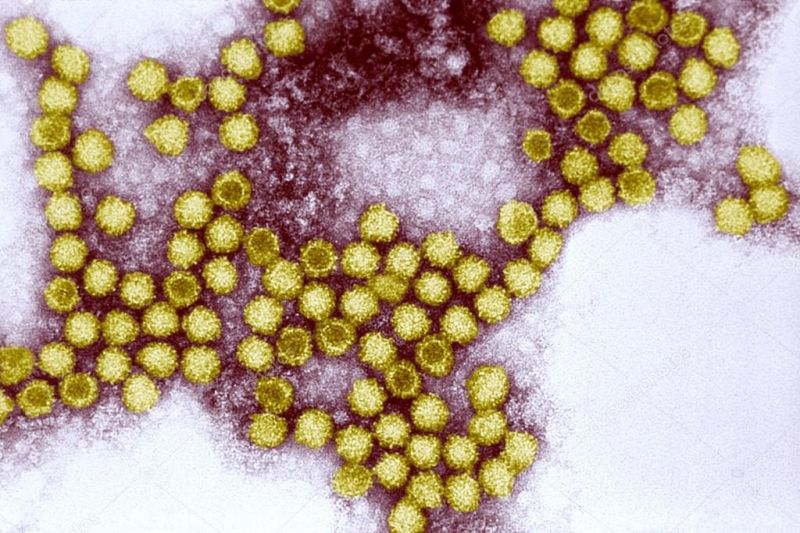
Elevated body temperature and damage to the respiratory system are indicative of calcivirosis. According to statistics, animals are more often sick at a young age and in the winter. Due to similar symptoms, it is easy to confuse with rhinotracheitis. Observed:
loss of appetite, weight loss;
blanching of the mucous membranes;
fatigue and weakness;
secretion of mucus from the eyes and nose;
vesicles and ulcers on the tongue and nostrils.
Everything else can be "connected" to other complex ailments of the respiratory system (bronchitis, pneumonia, etc.).
Calcivirosis is treated, but very difficult. The doctor prescribes drugs that stop inflammation in the airways. This is easier to avoid thanks to vaccination.
Infectious, or herpesvirus, rhinotracheitis (FHV)
Herpesvirus affects the eyes and respiratory tract. Cat representatives of any breed and all ages get sick. Recovering individuals receive immunity.
.jpg)
A harmful non-cellular agent from the Herpesviridae family is able to live long in the body without manifesting itself. The acute form is characterized by:
an increase in body temperature to 40 degrees;
purulent discharge from the eyes and nasal cavity;
salivation;
cough, strong wheezing;
swelling of the nose and throat.
In addition, there is a high probability of complications in the form of bronchitis, pneumonia and skin ulcers.
Patients are fed liquid or semi-liquid food. The doctor usually prescribes immunostimulants, antiviral drugs, vitamins C and group B. It is difficult to cure the disease, therefore it is recommended to carry out annual vaccinations against viral rhinotracheitis of cats.
Coronovirus infections
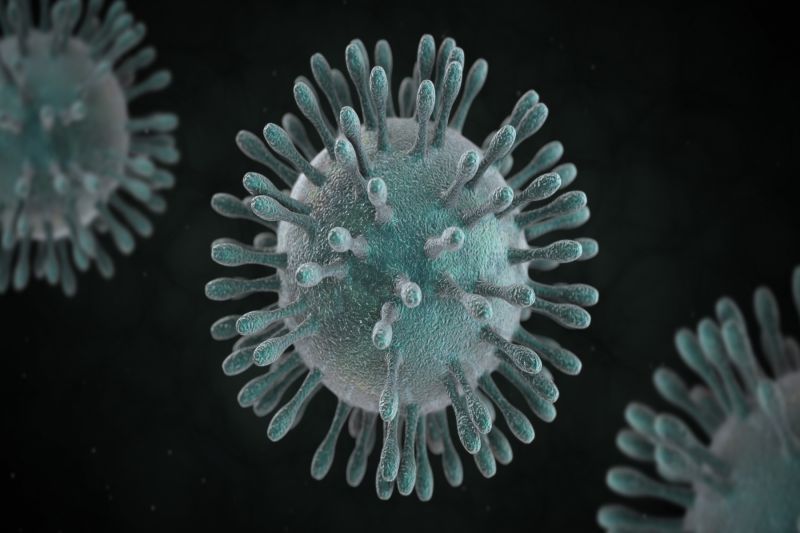
Coronoviruses cause two feline diseases:
Infectious peritonitis, or FIP (Feline Infectious Peritonitis) - in almost all cases leads to death. At risk are purebred cats with weak immunity. Peritonitis is indicated by: anemia, diarrhea, vomiting, fever, shortness of breath, bloating, tightness of the intestines. The disease is often disguised as other less dangerous.
Coronavirus enteritis (FCov) - occurs more often in kittens, is accompanied by diarrhea, vomiting, fever and, as a rule, is not life-threatening.
Unfortunately, effective vaccines have not yet been developed, since there are different types of coronoviruses. Not all of them pose a serious danger, but at the same time, many quickly mutate and become fatal. As a preventive measure, the premises are disinfected with ammonia.
Panleukopenia, or Plague of Cats (FPV)
The disease provokes parvovirus, which is especially active from early spring to late autumn. The incubation period lasts up to a week, after which panleukopenia is characterized by such signs as:
elevated temperature (up to 41 degrees);
any violations of the digestive tract;
discharge from the eyes and nose;
malfunction of the heart and blood vessels.
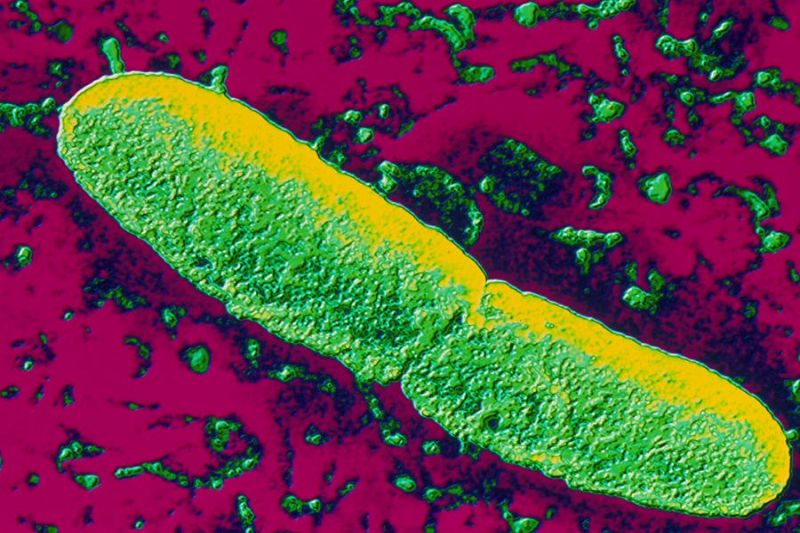
Kittens die from this infection in about 90 percent of cases. Treatment for panleukopenia is prescribed by a veterinarian. The owner should carefully monitor the patient's diet. A special diet with 5-7 meals per day is important. The only effective method of control is annual vaccination.
Aujeszky's disease, or pseudorabies
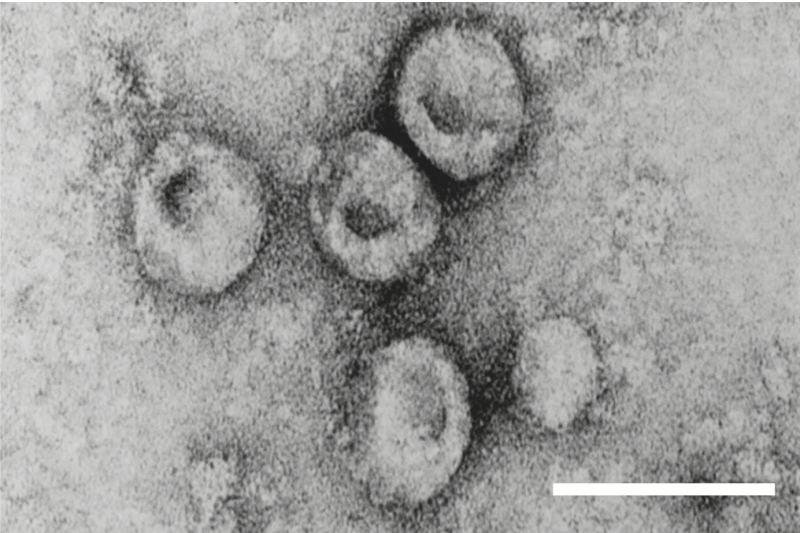
The infectious agent Herpes suis, leading to this ailment, is susceptible to rodents and domestic animals of various species, including pigs, dogs, cows, sheep. So, a mustachioed pet risks becoming infected by eating a sick mouse. First of all, the skin and central nervous system are affected. The body quickly dies from inflammation of the brain. Also likely:
salivation;
vomiting
strong desire to drink;
itching throughout the body;
all the symptoms of rabies.
Treatment is possible only at an early stage, but rarely leads to a positive outcome. Since Aujeszky’s disease is often confused with rabies, many animals are euthanized right away.
Leukemia, or FeLV (Feline Leukemia Virus)
The leukemia virus greatly weakens the immune system and provokes the appearance of cancerous tumors (for example, lymphosarcoma). This quickly leads to death. The signs of leukemia vary greatly and disguise themselves as other infections.
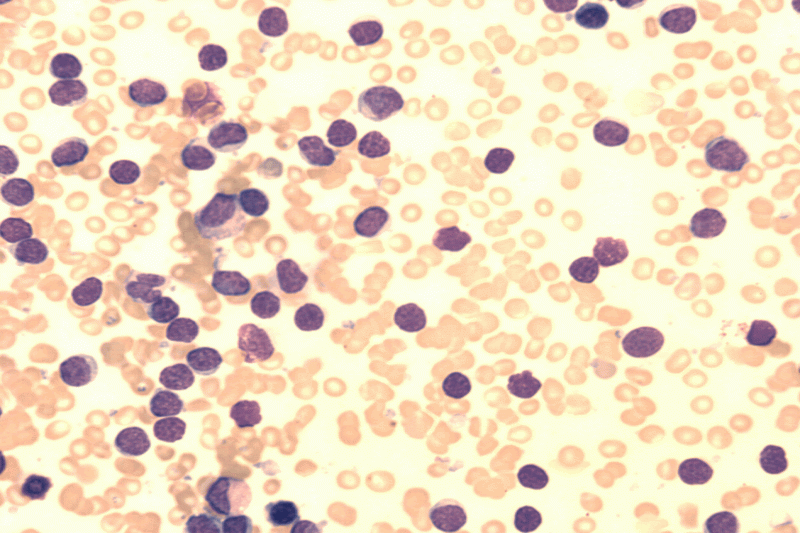
It is important to protect the pet from contact with unfamiliar cats and vaccinate in a timely manner (although, unfortunately, the modern vaccine does not give guarantees). The most rational way out of the situation is to immediately do an analysis for each pet that you take under your care.
However, you need to understand that the leukemia virus is akin to HIV: if it is diagnosed, it does not mean that the body is sick. The infection is not transmitted to humans, therefore, in the absence of symptoms, it is only necessary to protect the pet from any other ailments (including bacterial, fungal) and not allow contact with cats so as not to infect them.
Fortunately, in some cases, the immunity of the mustachioed pet is able to cope with FeLV itself. Therefore, it will not be superfluous to repeat the tests every few months in the hope that the result will be negative.
Feline Immunodeficiency Virus, or FIV (Feline Immunodeficiency Virus)
Feline immunodeficiency is the same as HIV. It can provoke the development of any ailments (from harmless lichen to oncology). There are no vaccines and drugs for it, so it remains only to periodically take tests (starting from the age of more than six months) and protect your pet from communicating with unfamiliar relatives.
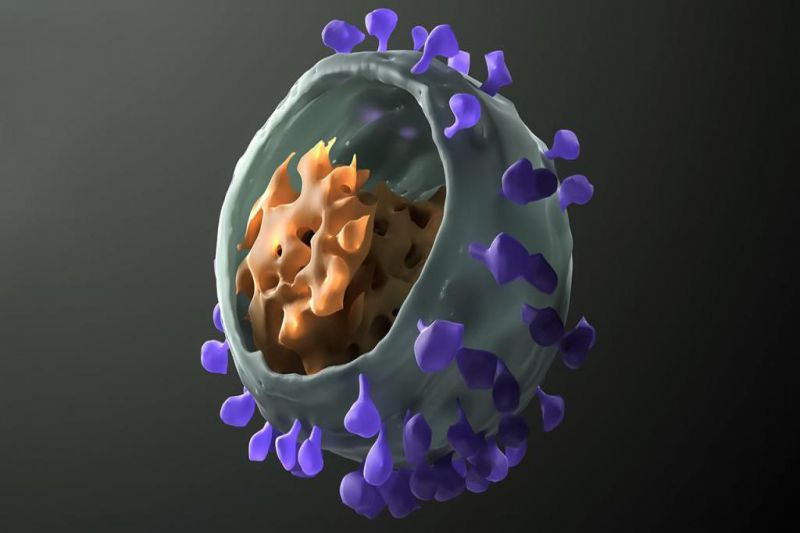
As with FeLV, a positive test result does not yet indicate a disease. There are cases when cats with FIV lived perfectly for about 10 years. They just need more attention from the owner, who in tandem with the veterinarian will timely defeat any ailments that attack the already weakened body of the four-legged friend.
And note: FIV is transmitted in utero from the mother to the kittens. Therefore, carriers are not used for breeding.
All these feline viral infections (except rabies) are not transmitted to humans, but are dangerous to the patient's life. Every year, take complex vaccinations, carefully monitor the behavior of the pet and, at the first ailments, do not self-medicate, but take him to a veterinary clinic for laboratory tests and making the correct diagnosis.
 Select language
Select language 





.jpg)
.jpg)
.jpg)
.png)
